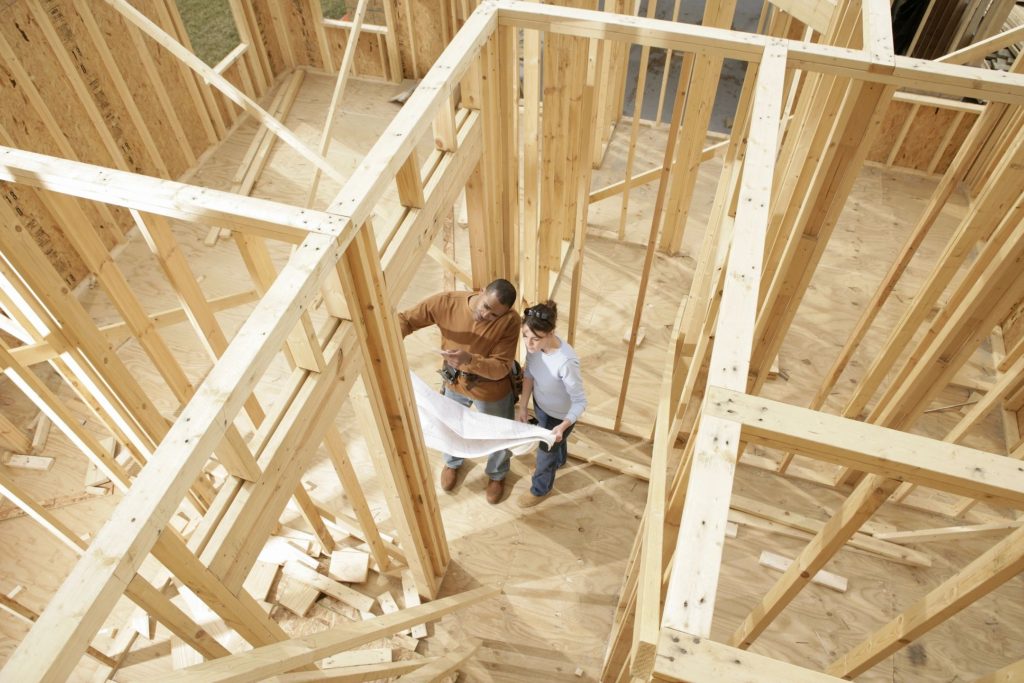
Families often choose the location of their next home by where their children will go to school. As the focus on school performance has become more astute thanks to a rising emphasis on test scores and completion rates, home shoppers have become more cautious in their selections as well.
When it comes to resale value, whether you have children or not, researching school districts is a crucial step when buying a new home. it’s best to invest in a home in a top school district. Living in a good school district doesn’t just bring better teachers, better books, and better test scores — it also can help preserve home values and ensure faster resale rates. These homes often sell faster than homes in lesser school districts. In a case of bad economic times, a home in the lower quality school district declines in home value, while the homes in the top school districts will hold their value.
Do the research. Any information you need for absolutely anything is available online. Do a search to determine the school district or even the specific school, that is the best in the town you will be searching for a new home. There are websites that offer test scores, rankings and demographic information, including student diversity by race and gender, the percentage of students on free lunch programs and the student-teacher ratio, to learn about the schools and school districts you are considering. One of the best ways to dig into specifics on districts you’re considering is by talking to other parents. If you’re moving to an unfamiliar area, Facebook groups and other social media sites can be a way to connect. There’s no better way to get a feel for a certain district than engaging with people who are actually in it.
A survey on Realtor.com asked random people about their overall buying strategy and how they viewed school performance. The results found that a surprising number of people are willing to give up things to get within the boundaries of a good school district. That, for every five buyers, one buyer would be prepared to give up a garage or bedroom for a good school.
They also found that for every three buyers surveyed, one buyer would even settle for a smaller home to get access to a good school. And over half of those surveyed said they would sacrifice nearby shopping options for a better school.
Beyond sacrificing things in their home purchase, buyers were willing to pay more money for a home in a good school district. One out of five of those surveyed said they would pay between six and ten percent more for a home – and one out of ten people surveyed stated that they’d go even higher, paying up to 20 percent more for a home with access to the right schools.
The Bottom Line: Consult with the best Realtor in the area in which you are looking. The next best resource for neighborhood and nearby school knowledge is your local real estate agent. Even if you don’t have kids, between the Realtor and the research you do, buying a home in a good school district affects the value of the home.

 See Our National Coverage Map
See Our National Coverage Map